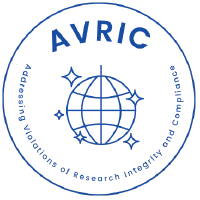In an earlier post this year, we heard from Stephen Rosenfeld, MD, about a new nonprofit “learning IRB.” This post…
Read MoreThe research oversight community recently suffered a huge loss with the passing of Jeffrey Cohen, PhD. Jeff was a beloved…
Read MoreAre you an institutional official who works in research compliance, research integrity, human subjects protections, animal care and use, or…
Read MoreIn early 2020, Stanford University Press released Regulating Human Research, a short exploration of the bureaucracy surrounding human research protections…
Read MoreThe COVID-19 pandemic has brought to light, once again, the ongoing issue of racial health inequalities in the United States…
Read More




